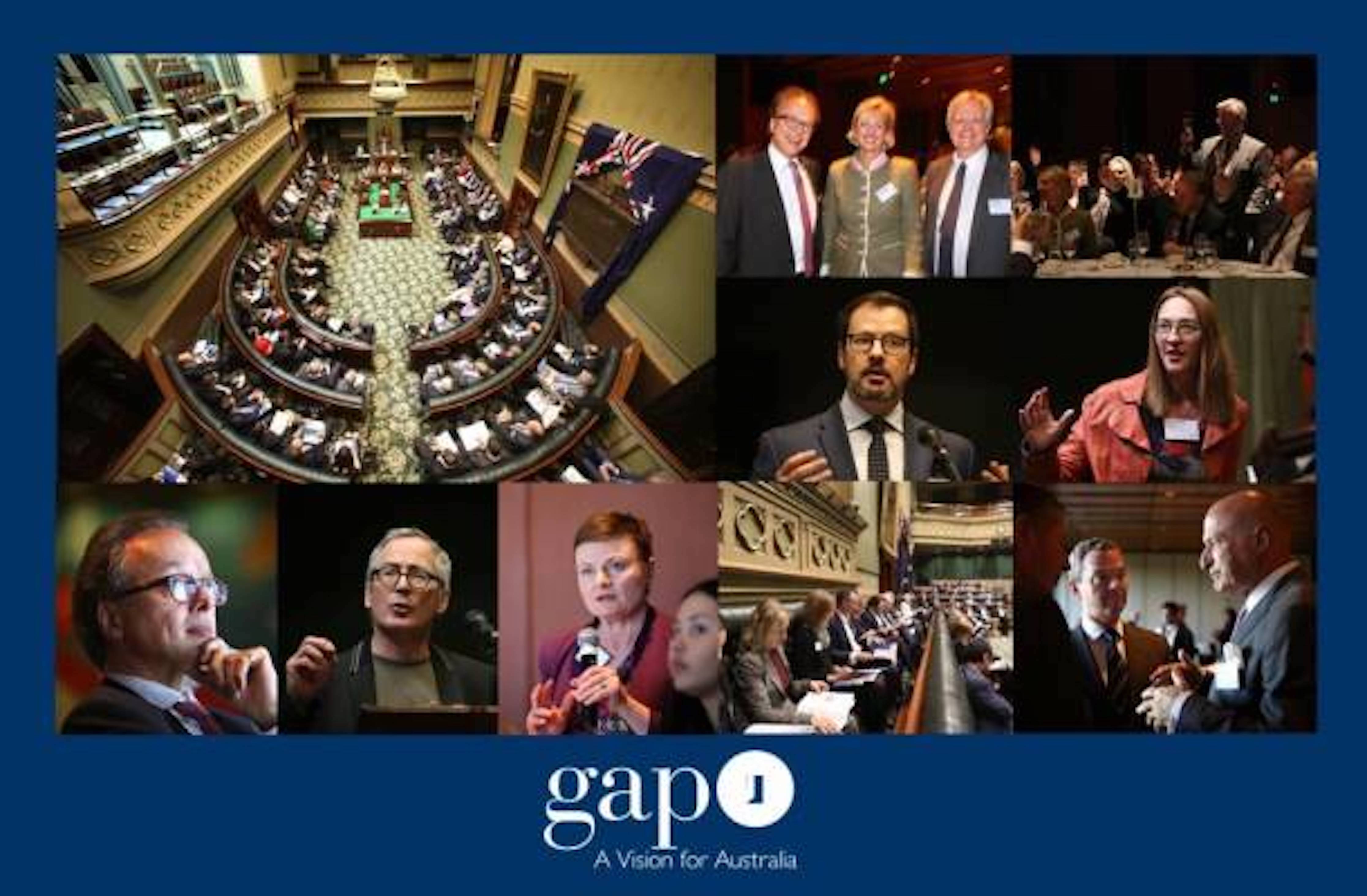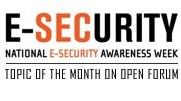-
China’s accelerating quest for techno-military supremacy
Adam Ni | March 11, 2018Once installed as leader for life, Chinese President Xi Jinping will press forward with plans to eclipse the United States and assert regional, and perhaps in time global, dominance by building the world’s most powerful military force.
-
Defence backs the U.N. women, peace and security agenda
Marise Payne | March 8, 2018Australia’s first female Defence Minister, Marise Payne, underlines the role which Australia and the ADF play in supporting the U.N. Women, Peace and Security Agenda.
-
Cyber-threats rank high in new WEF Global Risk Report
Open Forum | January 25, 2018The World Economic Forum’s Global Risks Report for 2018 highlights the threats which cyber-crime, environmental degradation and political turmoil pose to the planet and its 7.6 billion citizens.
-
New mandatory data breach notification laws: What do you need to know?
Sophie Dawson | January 15, 2018New Australian and European Union data breach notification laws in 2018 should encourage firms to protect against leaks and help them respond quickly and effectively if breaches do occur. Sophie Dawson, expert on privacy, surveillance, and communication law reviews.
-
GAP in 2017 – a year in review
Catherine Fritz-Kalish | December 21, 20172017 has been a year of celebration for Global Access Partners. Managing Director Catherine Fritz-Kalish reviews a GAP year filled with achievement.
-
3 Excellencies
Keith.Besgrove | October 3, 2008Governments should be concerned about ensuring that there are consumer protections around privacy, around fraud, and around measures to give consumers confidence.
-
International Privacy – some myths exposed
Peter Ford | September 1, 2008Australian business needs to recognise its own interests in international privacy protection and take a more active part in the debate.
-
The ALRC Report on Privacy
Peter Ford | August 19, 2008In a digital environment, approval of a data transfer makes about as much sense as approval of an ocean current.
In its preoccupation with a perceived threat to its independence arising out of the recommendation for a private right of action for invasion of privacy, the media commentary on the ALRC’s Privacy Report has missed its most significant aspects.
Among its many recommendations, the following deserve wide public discussion: regulating cross-border data flows; rationalisation of exemptions and exceptions; and uniform privacy principles and national consistency.
Regulating cross-border data flows
-
Collaboration is Key to Keeping Australians Safe Online
Craig Scroggie | June 18, 2008As Web 2.0 technologies and the threat landscape continue to evolve, it’s now more important than ever that both private and public sectors join forces.
-
A shift in thinking
Julie Inman - Grant | June 11, 2008While we all have our own safety guidance, coming together to consolidate these messages and working across sectors is critical to making impact with consumers.
-
Plurality of Identities, and trouble ahead with biometrics
StephenWilson | November 1, 2007The idea of biometric authentication plays straight into the view that each user has one "true" identity underpinning multiple authorisations.
I recently noted in the thread on identities and keys that: [We need] identity frameworks (like the Microsoft developed Identity Metasystem aka Cardspace) that permit as many "identities" as there are contexts in which we assert ourselves.
We are in the midst (I hope!) of a shift to a new paradigm based on a plurality of identities. And I think I'm using the over-wrought "p word" here in its proper context. The current "singular identity" paradigm has had a deep and unhelpful influence over the way we think about all sorts of things, including smartcards, PKI, biometrics, the semantic debate over "authentication" versus "authorisation", and therefore the underlying architecture of many approaches to federation.








